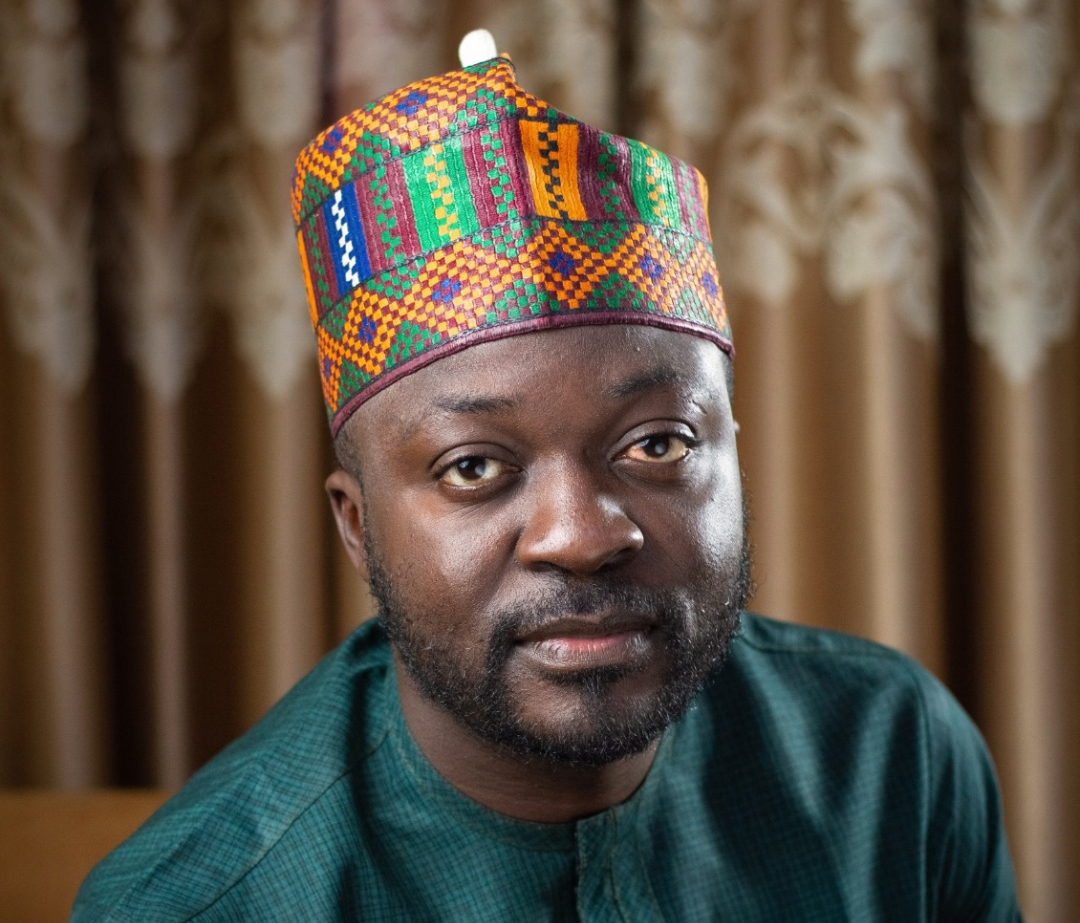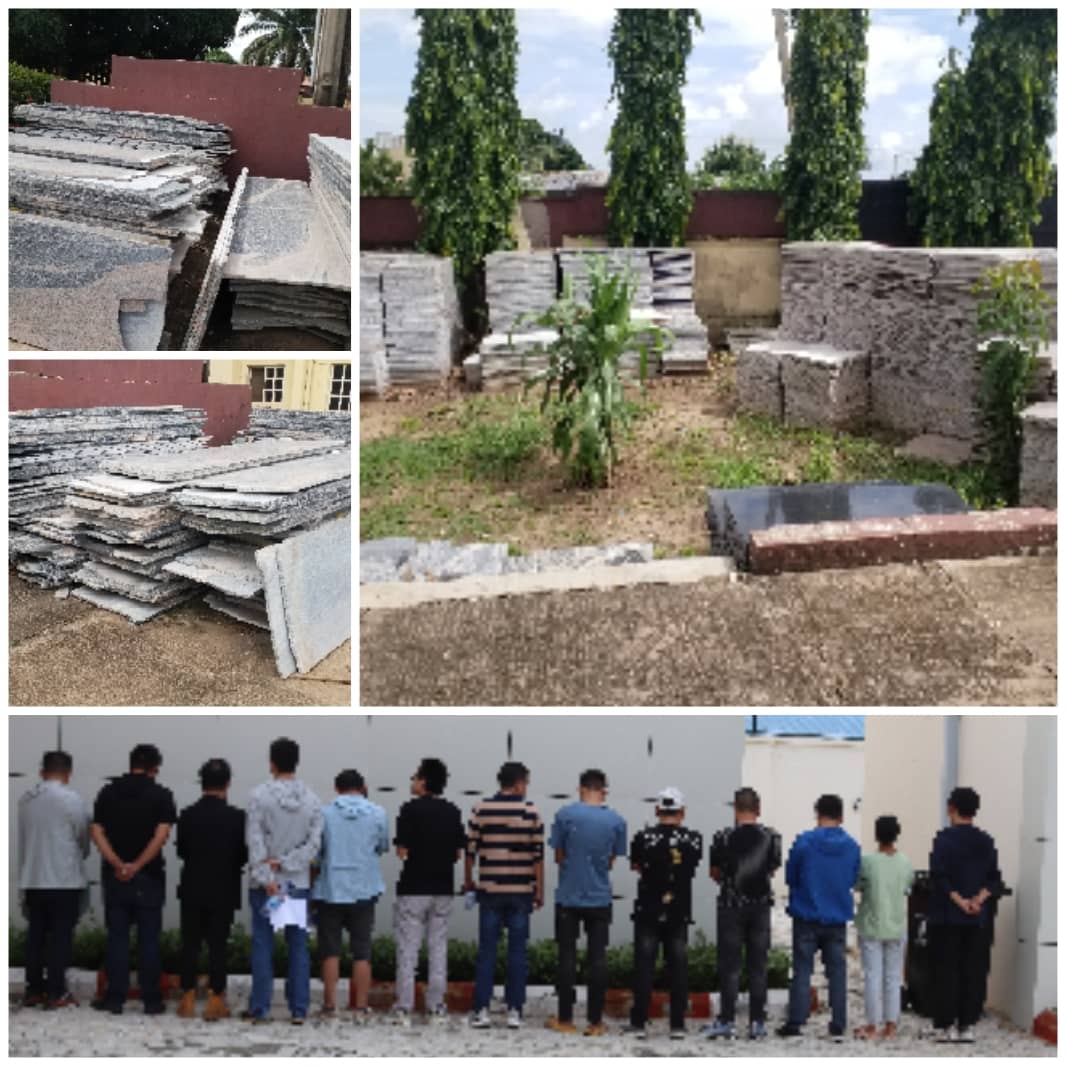By Ibrahim Faruk
There is a common denominator that African citizens in 24 countries have and will have in 2023: We want to vote!
The year 2023 is a very crucial one for Africa in terms of change of government via election as a total of 24 general, legislative and local elections would take place in the course of the year in Republics of Benin, Comoros, Côte d’Ivoire, Djibouti, Egypt, Gabon, Ghana, Guinea, Guinea Bissau, Liberia, Libya, Madagascar, Mali, Mauritania, Mozambique, Nigeria, Sierra Leone, Somaliland, South Sudan, Sudan, Swaziland, The Gambia, Togo and Zimbabwe.
The Republic of Sierra Leone held its Multi-tier Elections on 24 June 2023 to elect a President, Members of Parliament, and Members of the Local Council. The election was the fifth to take place in Sierra Leone since the end of the civil war in 2002. Thirteen (13) political parties contested the presidential election, but the landscape was dominated by the ruling Sierra Leone People’s Party (SLPP) and the main opposition All People’s Congress (APC). A total of 3,374,258 Sierra Leoneans were registered to vote in the election, an increase of 195,595 from the 2018 elections.
On Election Day, videos showed enthusiastic citizens at various polling stations across the country chanting in Krio, ‘Wi Wan Vote!”, as the Electoral Commission struggled with early deployment of election materials. The National Election Watch (NEW), a coalition of local and international organizations in Sierra Leone with a common objective of supporting credible and peaceful elections, deployed over 6,000 election day citizen observer across the country and they observed that as early as 6:30 am, voters were on the queue at 88% of polling stations, but voting did not start until 10:00 am across several polling units visited due to the late deployment of materials. A total of 46.1% (101) of the polling stations visited by the African Union Election Observation Mission (AUEOM) opened late due mostly to the late arrival of polling materials in 69.3% (70) of polling units. The AUEOM also observed poor preparations by polling officials and they observed late arrival of polling officials in 27.7% (28) of polling stations. The disturbing trend of late deployment of polling officials is similar to what was observed during the 25 February 2023, Presidential and National Assembly elections in Nigeria as Yiaga Africa findings revealed INEC officials arrived at only 27% of polling units by 7:30am.
In Sierra Leone, independently verified data by NEW that deployed the Process and Results Verification for Transparency (PRVT) election observation methodology revealed a high level of citizen participation in the process. The PRVT is an advanced and proven election monitoring methodology used by citizen election observation groups around the world that allows for the independent and impartial assessment of the quality of election day processes and the official results. According to NEW’s PRVT Data, voter turnout was between 75.4% and 79%, although this was at variance with the 83% turnout as released by the Electoral Commission of Sierra Leone (ECSL), representing 2,800,691 voters.
Voter turnout in Sierra Leone’s June 2023 Elections was higher than the August 2022 General Election in Kenya, which had its lowest voter turnout in 15 years. Albeit a higher voting population than Sierra Leone, 65% of the 22.12 million registered voters in Kenya turned up to cast their ballots. In the Gambia’s 2021 Presidential Election, voter turnout was 89.34%, the total number of registered voters was 962, 157.
Voter turnout was contrastingly way worse in Nigeria’s 2023 General Election, where there were widespread expectations that voter turnout would be significantly higher than in previous elections given the increase in the voting population from 84m to 93m and the heightened interest in the elections by the country’s young voters. In the end, national turnout for the presidential elections was 26.7% as only 25,296,616 out of 93,469,008 total registered voters turned out to vote – far below the expectations expressed prior to the elections.
It is important to reflect on what drives citizens to vote and account for the high levels of voter turnout and citizen participation in countries such as Sierra Leone and the Gambia with smaller voting populations compared to countries with higher voting populations such as Kenya and Nigeria.
Today, electoral management bodies (EMBs) around the world also use new technologies with the aim of increasing citizen participation and improving electoral processes. These improvements focus on voter registration, results transmission, and management. Citizen participation can be improved through increased use of electoral technologies to guarantee the integrity of the elections and increase trust and confidence in political systems. According to Yiaga Africa’s pre-election observation (PREO) report titled, “Is Election Technology the Game Changer in the 2023 Elections?”, technological innovations in the Electoral Act have increased voters’ anticipation that the process will be more transparent to guarantee the integrity of the elections. The deployment of the Bimodal Voter Accreditation System (BVAS) and INEC Election Result Viewing portal in Nigeria’s 2023 General Election leveraged the use of electoral technology to enhance the transparency and credibility of the election in Nigeria.
Despite the limited use of electoral technology especially in the results management process, the Electoral Commission of Sierra Leone used a mobile application to transmit polling data to expedite the processing of results in line with Section 7(2) of the Public Elections Act (2022) which states: “The Commission may utilize appropriate technology and adopt appropriate approaches in the performance of its functions”. At the Regional Tallying Centres, the Commission also deployed the use of technology to tally all the results electronically.
There are two issues that always characterize electoral technological innovations – the huge public expectations and the limitations of technology. Legislation on the use of technology in various Electoral Acts must also clearly spell out the use of electoral technologies to prevent any ambiguities in the deployment of these technologies and manage the expectations of citizens. As technology improves, the demand for electoral technology to provide alternatives that can improve trust and reduce the inconveniences associated with electoral processes will continue to mount.
While African citizens in 24 countries where elections will be held in 2023 will be concerned about their right to vote, we should also be concerned with how the votes are counted and the results are managed. In Sierra Leone, the ECSL Result Management System was equipped with two architecture modes: online and offline modes. The online mode allows the system to efficiently receive result data from mobile devices at the polling stations. In this mode, the initial entry of result data takes place at the polling stations using the mobile tally application. While offline, votes were also physically counted at polling stations and electronically tallied at the district and regional tallying centres led by the Electoral Commission for Sierra Leone (ECSL), which manages the country’s national elections.
The integrity of an election is measured by the transparency, fairness, accountability and inclusivity of its processes and actors. The levels of civic and citizen participation, the introduction of electoral technologies and the management of results must undergo continuous improvement to avoid mistrust and enhance confidence in the electoral process. These improvements include strengthening the capacity of electoral staff who are deployed on Election Day, ensuring transparency and allowing for public scrutiny of election technology and ensuring easy access to key information of public interest.
Ibrahim Faruk, Yiaga Africa Program Manager was part of Yiaga Africa’s Study and Election Observation Mission to Sierra Leone for the 24 June 2023 General Election. He can be reached via email – fibrahim@yiaga.org and he tweets @IbrhmFaruk









